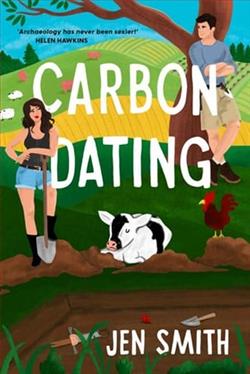
Carbon Dating
by Jen Smith
The archaeological discovery of a lifetime… but her sworn enemy is digging it.
Laurel Fletcher didn’t expect her degree in Archaeology to end in the demolition of her confidence by postgrads Nate and Alex. With her family in danger of losing their farm, Laurel resigns herself to dragging Little Willow Farm back into the 21st century and leaves her ambitions of making it as an archaeologist behind. But when an Anglo-Saxon burial site is discovered ten years later in one of their fields, life is breathed back into Laurel’s archaeological dreams.
Leading the dig is none other than Nate Daley, now a world-famous archaeologist, who arrives at Little Willow Farm moody and unimpressed with its cramped living quarters and unpredictability. He wasn’t expecting to be reunited with an academic rival. He wasn’t expecting to adore village life on this family-orientated farm. And he certainly wasn’t expecting to fall in love, especially with someone holding onto a ten year grudge.
Living and working in such close confines, Laurel and Nate strike up an unlikely friendship that gradually blossoms into something deeper. But when Laurel discovers the shattering truth of what really happened ten years ago, Nate must prove his innocence or risk losing his career and Laurel forever.
.
Read
Carbon Dating on http://kissnovel.net
Martial Peak Reviews
Jen Smith's Carbon Dating is a delightful blend of romance, archaeology, and personal growth, set against the charming backdrop of a family farm in the English countryside. The novel deftly combines elements of a second-chance romance with the intrigue of an archaeological discovery, creating a narrative that is both engaging and emotionally resonant.
At the heart of the story is Laurel Fletcher, a character whose journey is as much about self-discovery as it is about unearthing the past. Laurel's initial foray into archaeology ends in disappointment, as her confidence is shattered by her academic rivals, Nate and Alex. This setback forces her to abandon her dreams and focus on saving her family's farm, a decision that underscores the novel's exploration of sacrifice and resilience. Laurel's character is well-developed, and her internal struggles are portrayed with authenticity, making her a relatable and sympathetic protagonist.
The narrative takes a compelling turn with the discovery of an Anglo-Saxon burial site on Laurel's family farm. This event reignites her passion for archaeology and sets the stage for her reunion with Nate Daley, now a renowned archaeologist. Nate's character is initially portrayed as moody and unimpressed, but as the story unfolds, he reveals layers of complexity that add depth to his character. His transformation from a seemingly aloof professional to a man who embraces village life and confronts his past mistakes is one of the novel's highlights.
The relationship between Laurel and Nate is central to the novel, and Smith handles their evolving dynamic with skill. Their initial interactions are fraught with tension, stemming from a decade-old grudge that Laurel harbors against Nate. However, as they work together on the dig, their relationship gradually shifts from animosity to friendship, and eventually to love. This progression is believable and well-paced, allowing readers to become invested in their journey. The chemistry between the two characters is palpable, and their banter adds a lighthearted touch to the narrative.
One of the novel's strengths is its exploration of themes such as forgiveness, redemption, and the importance of understanding the past. Laurel's discovery of the truth about what happened ten years ago serves as a catalyst for her personal growth and her relationship with Nate. The revelation is handled with sensitivity, and it challenges both characters to confront their past actions and move forward. This theme of reconciliation is mirrored in the archaeological dig itself, as the characters uncover and preserve remnants of history.
Smith's writing is vivid and evocative, bringing the setting of Little Willow Farm to life. The descriptions of the farm and the surrounding village create a sense of place that is both idyllic and inviting. The farm serves as more than just a backdrop; it is integral to the story, symbolizing family, tradition, and the passage of time. The author's attention to detail in depicting the archaeological process adds authenticity to the narrative and will appeal to readers with an interest in history and archaeology.
In comparison to other romance novels with similar themes, such as those by authors like Nora Roberts or Susanna Kearsley, Carbon Dating stands out for its unique blend of romance and archaeology. While Roberts often incorporates elements of suspense and Kearsley delves into historical fiction, Smith focuses on the personal and emotional journeys of her characters, making the novel feel intimate and character-driven.
Overall, Carbon Dating is a charming and heartfelt novel that will appeal to readers who enjoy stories of love, redemption, and the enduring impact of the past. Jen Smith has crafted a narrative that is both entertaining and thought-provoking, with characters who are easy to root for and a setting that feels like home. Whether you're a fan of romance, archaeology, or simply a well-told story, this book is sure to leave a lasting impression.




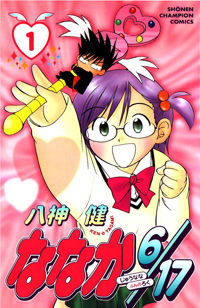



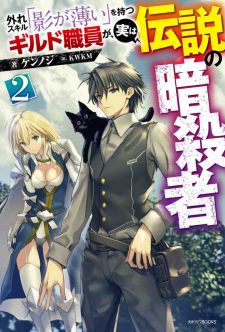


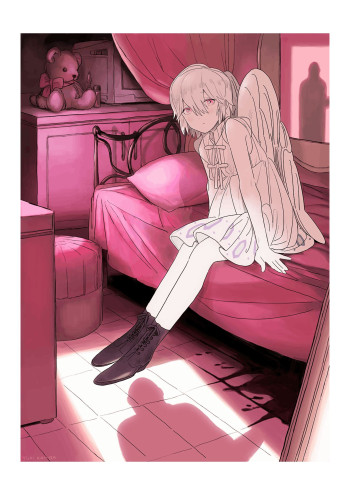
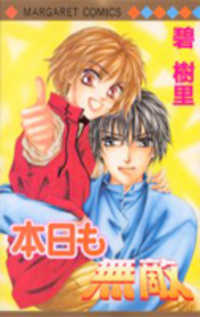










Reviews 0
Post a Reviews: